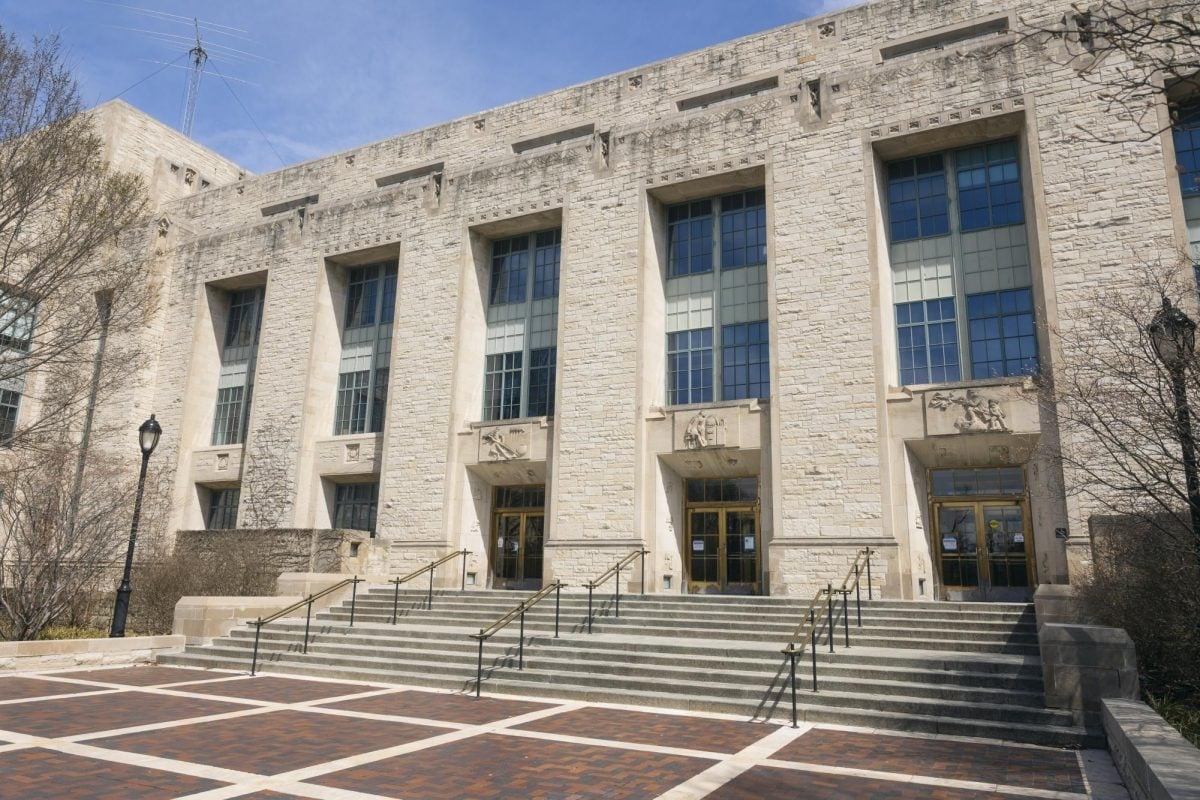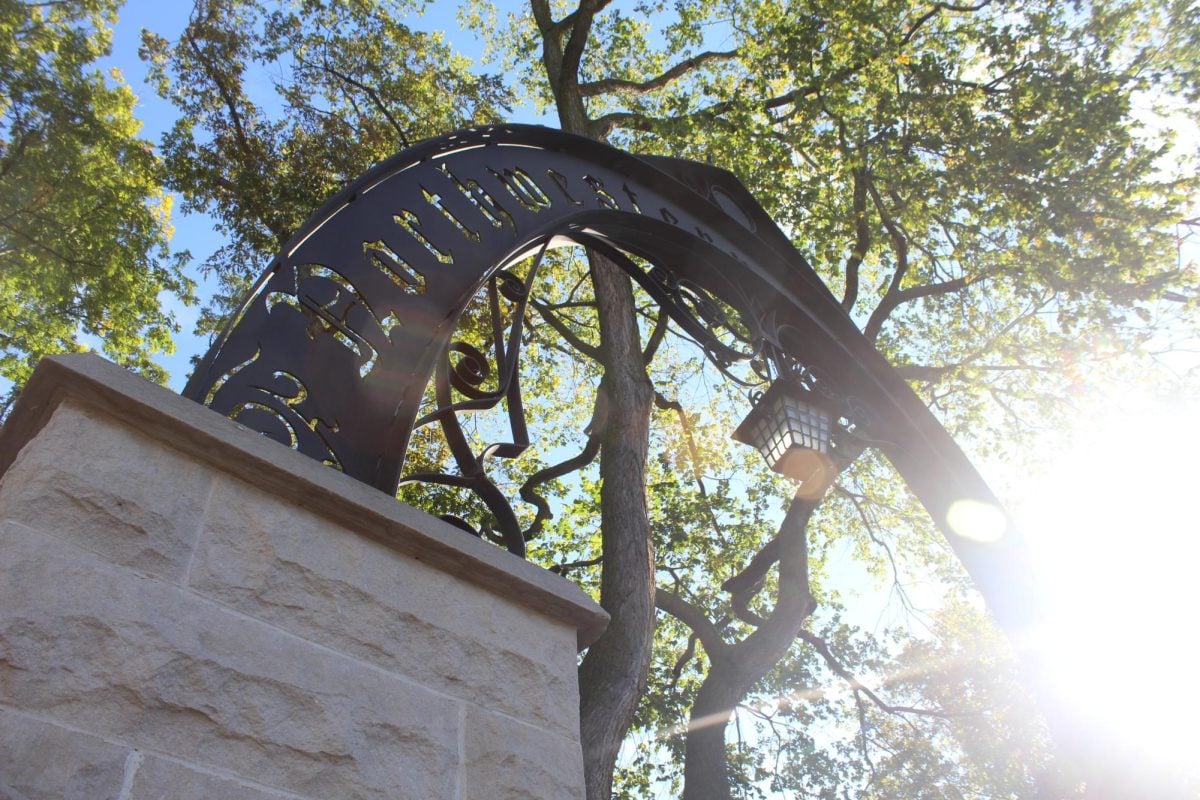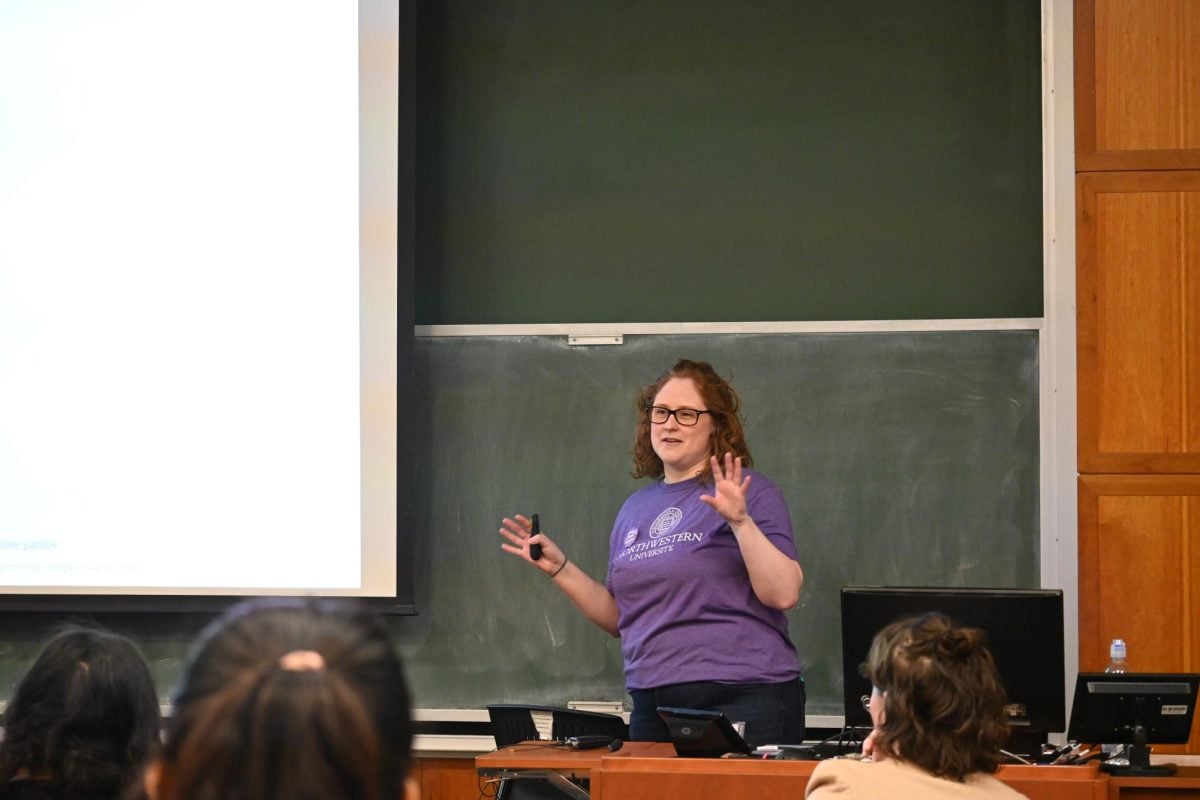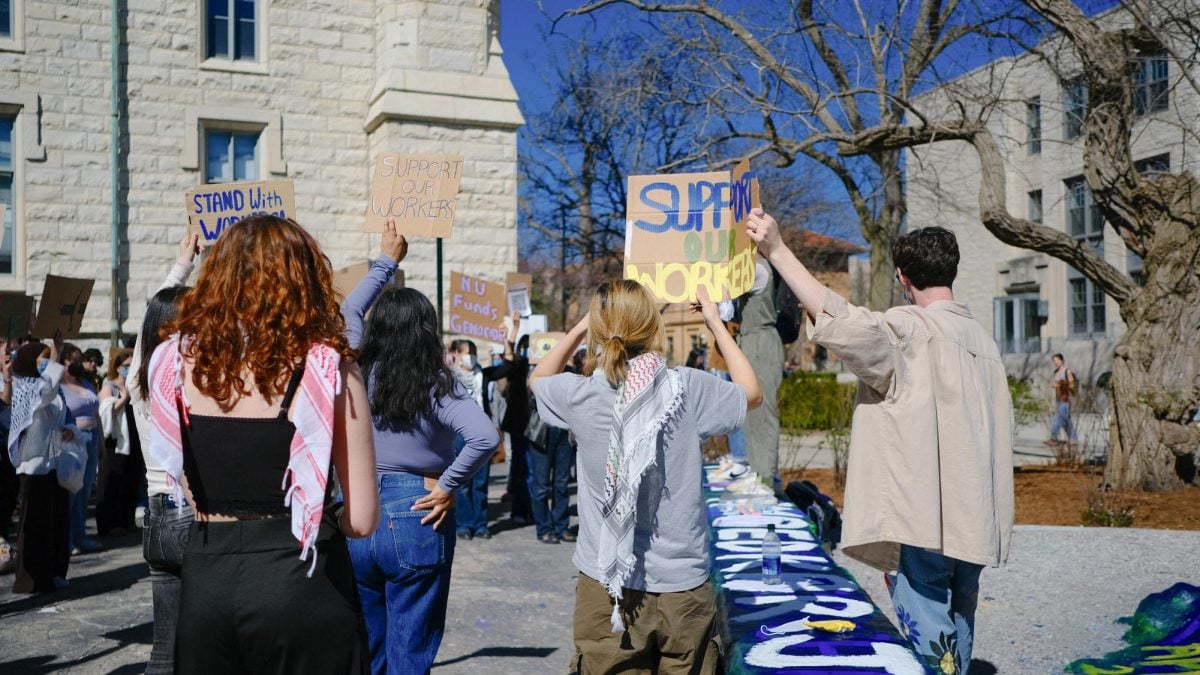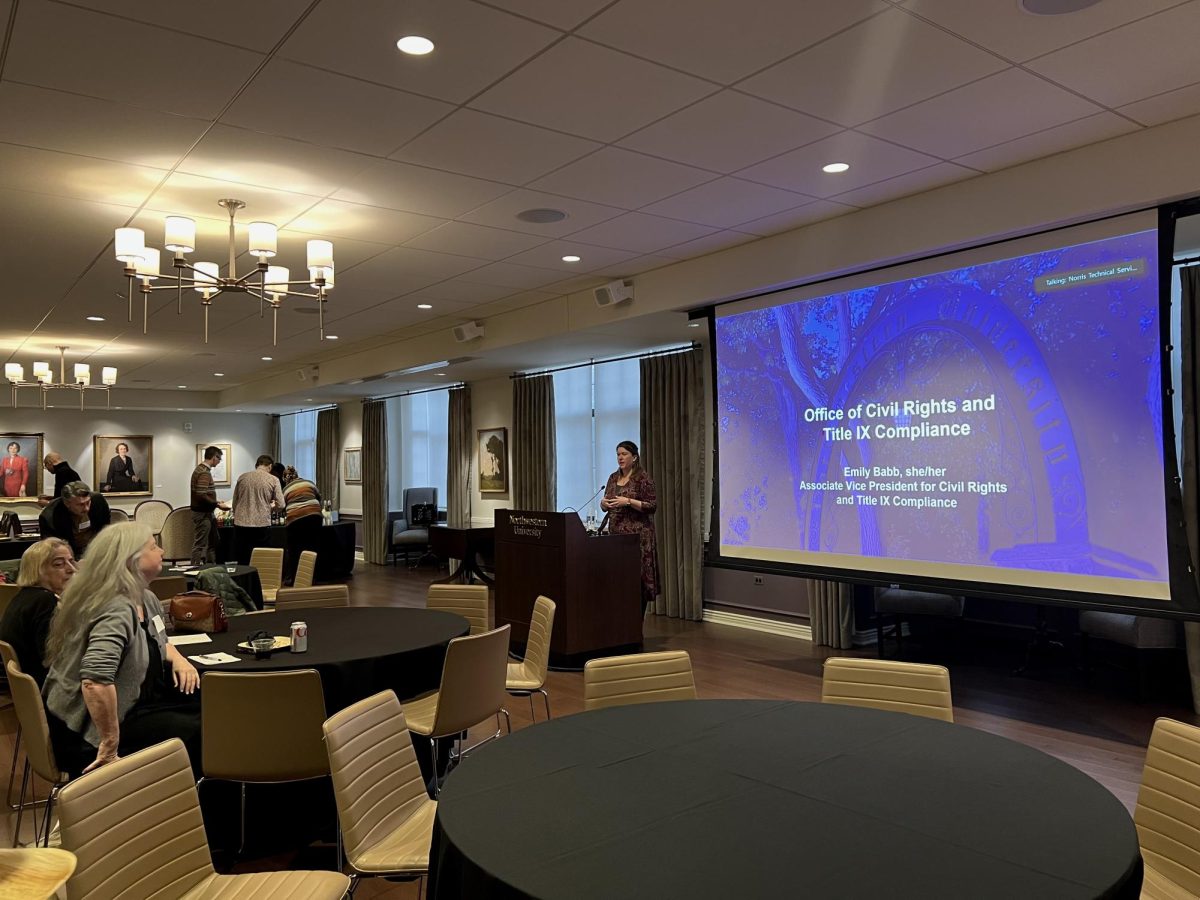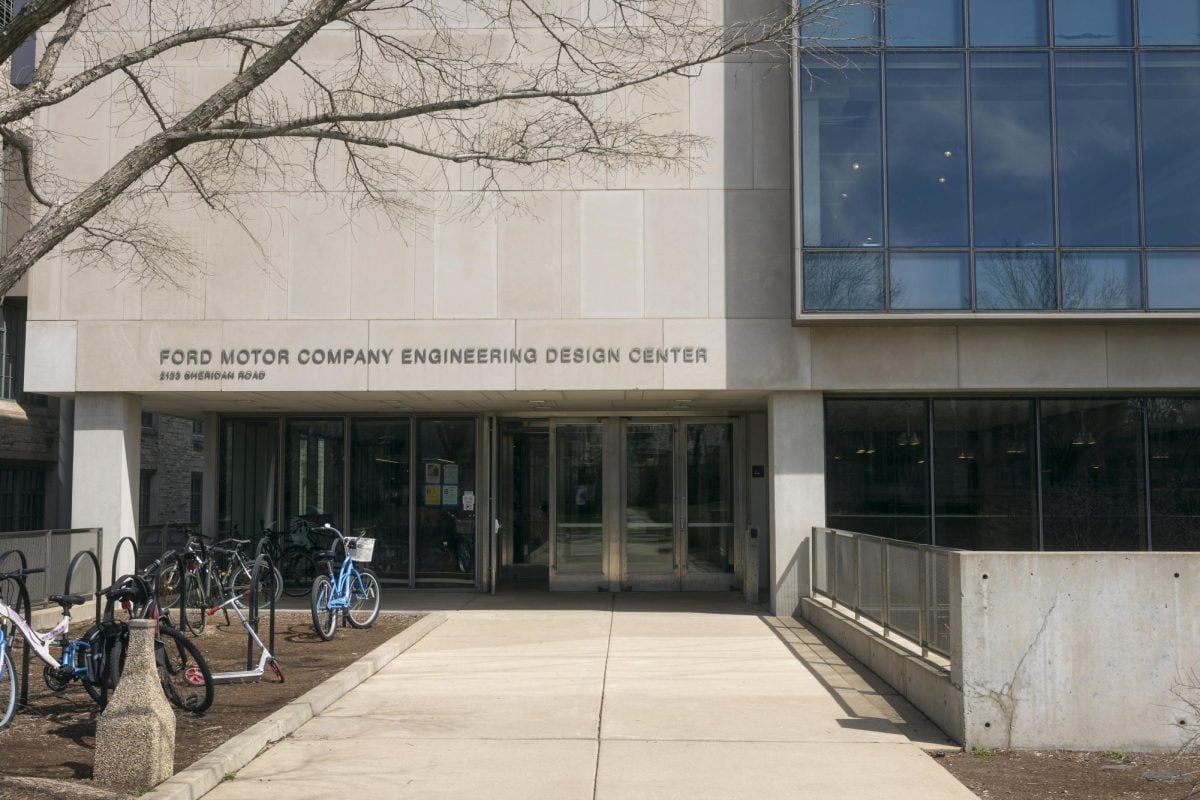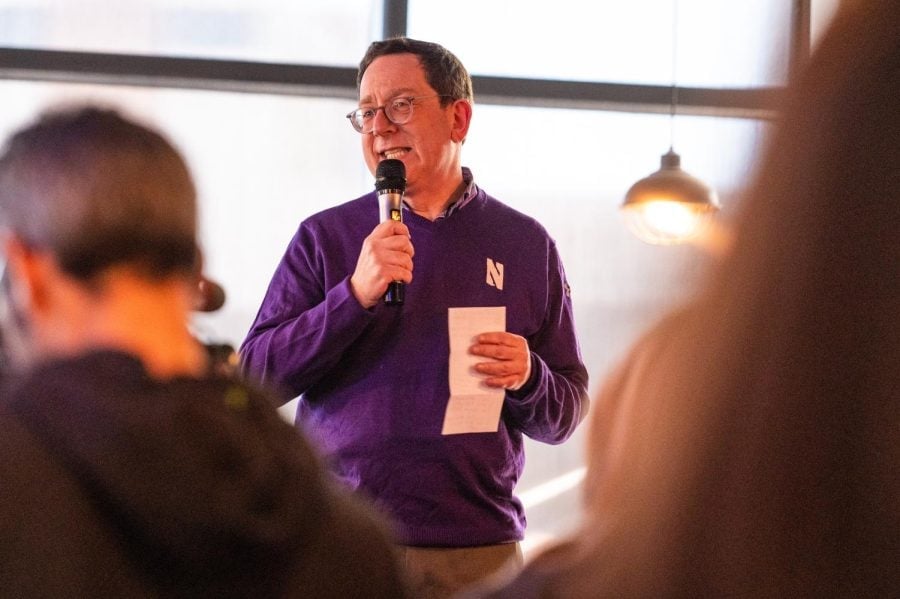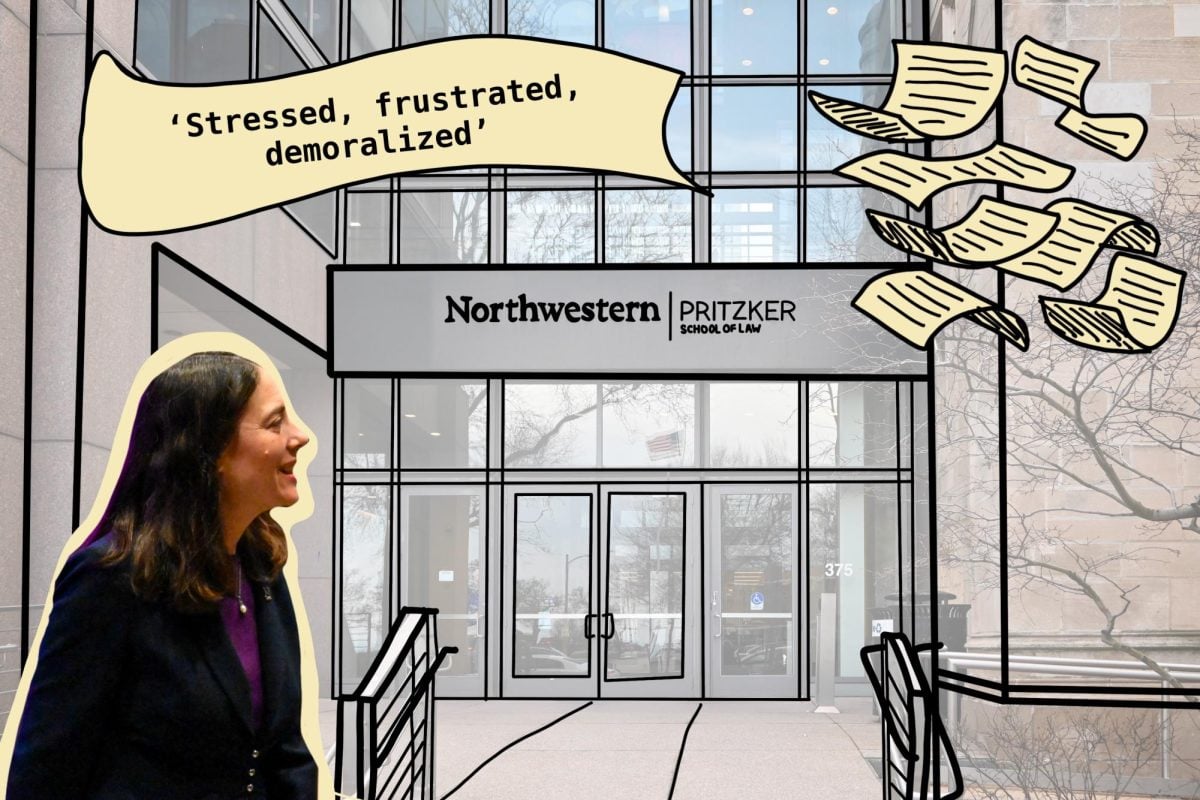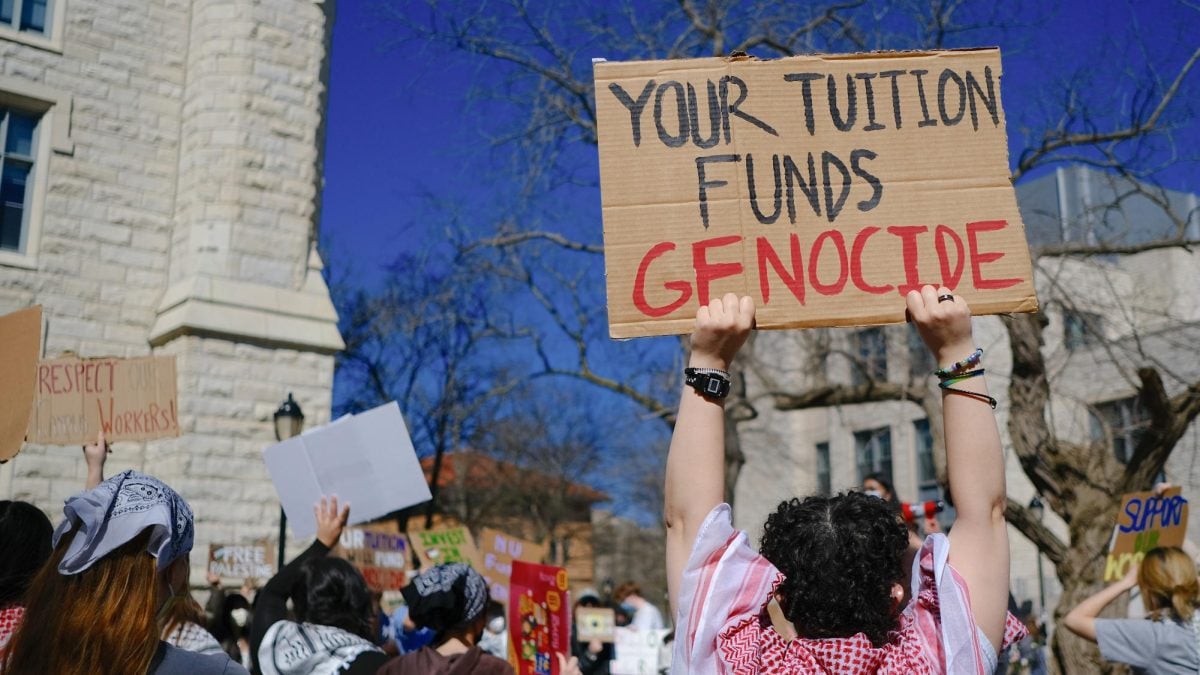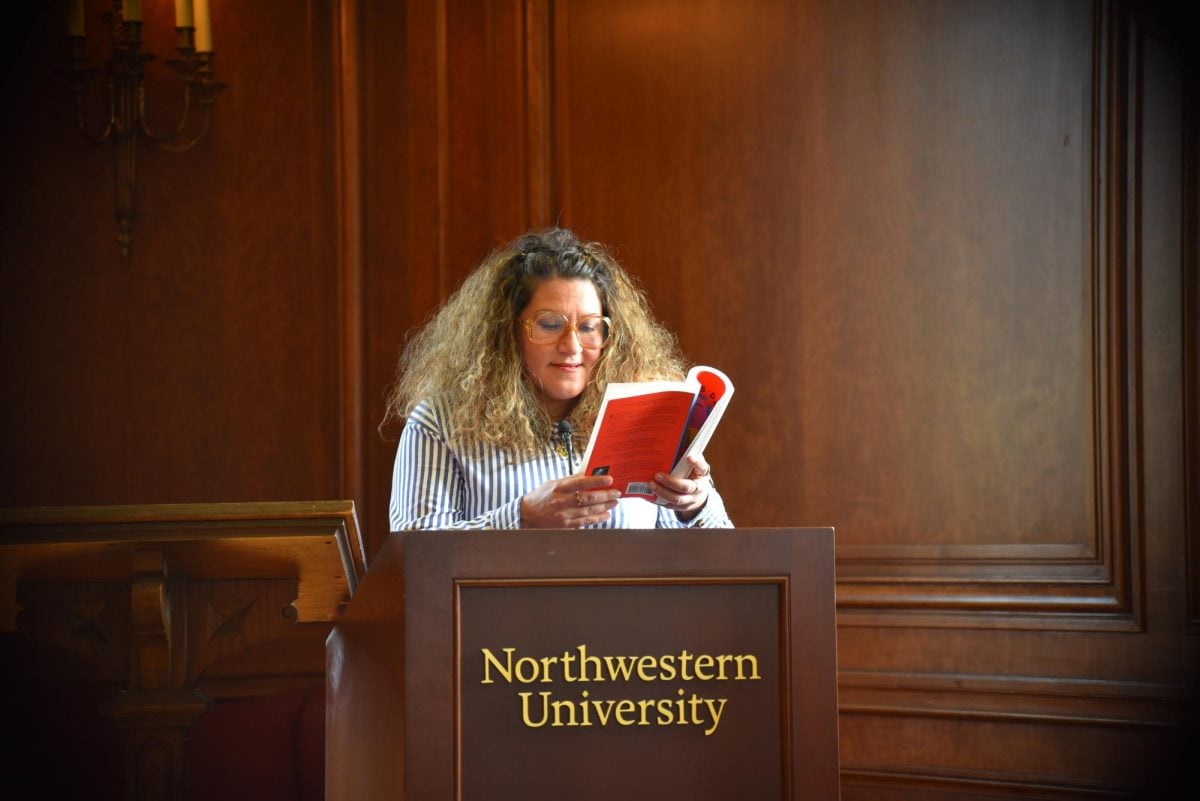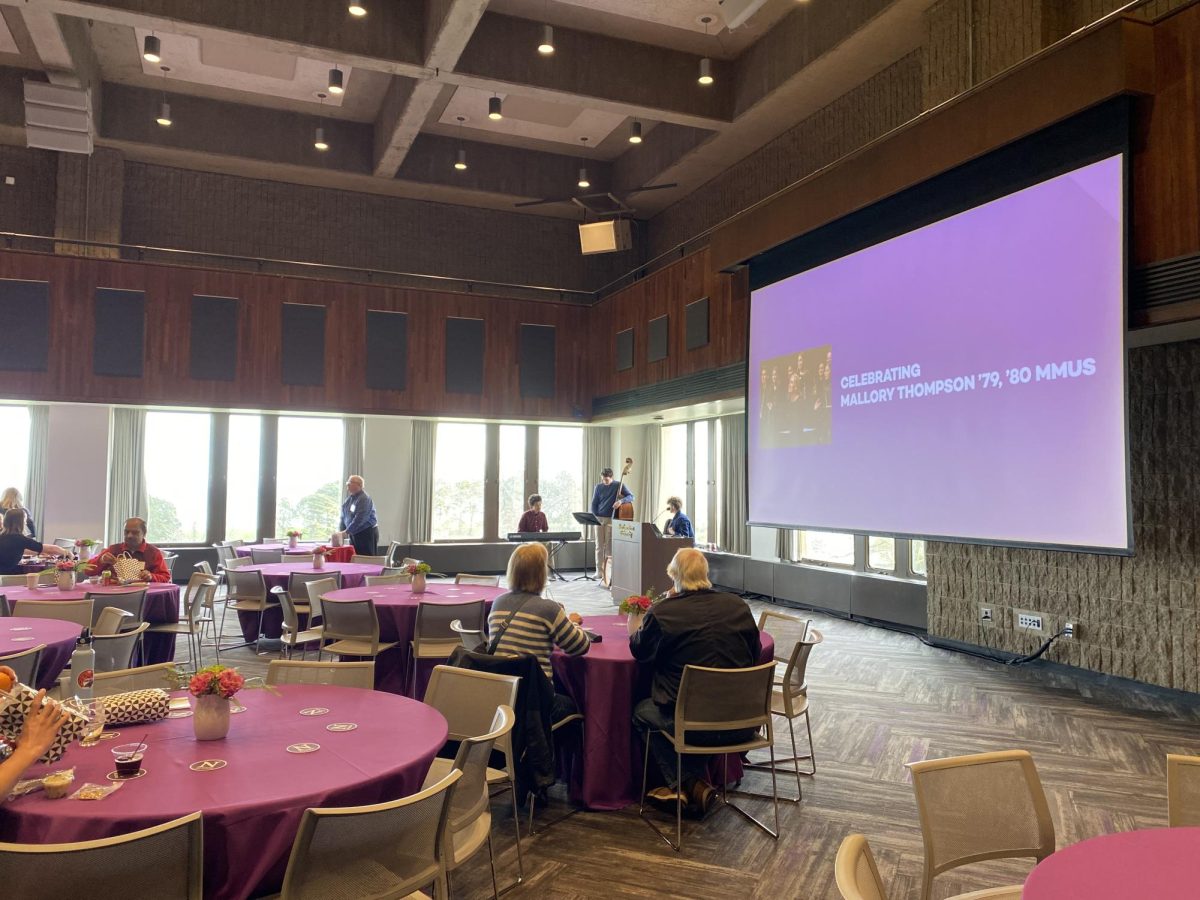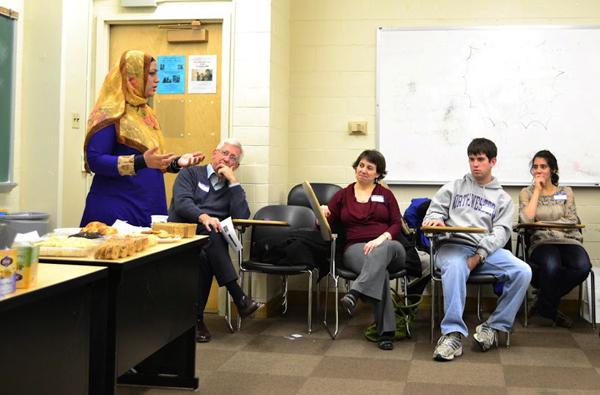
An Illinois state law requiring non-religious universities to allow students to reschedule exams or classes that conflict with a religious observance went into effect on Jan. 1.
Although Northwestern has practices in place that encourage students and faculty to work together to find solutions when coursework conflicts with observance, the law’s impact on campus has yet to be tested.
University Chaplain Tim Stevens said currently students must approach faculty members in advance if they find that they have a conflict with class or coursework due to a religious holiday. The Department of Student Affairs will then mediate if a solution cannot be reached.
“It’s hard to have a rigid rule in place for this because every tradition views their holidays differently,” Stevens explained.
Stevens said he has rarely had to intervene to assist students in gaining exemption from an exam or coursework due to a conflict with religious observances — only once or twice in the past ten years. Typically, this only occurs when there is a lack of understanding about a particular religious tradition or holiday.
He also said issues occasionally arise when a scheduling conflict occurs very early in the quarter, which he explained is often common with the Jewish holy days that fall in September and are celebrated by a large number of students at NU.
Michael Simon, the executive director of Hillel, said the administration as a whole often takes the holidays into consideration when creating the academic calendar. This year, the date of Rosh Hashanah, the Jewish New Year, was one of many factors that administrators considered when scheduling the start of Wildcat Welcome, Simon explained. Because the first proposal for the academic calendar initially scheduled new students to move in on Rosh Hashanah, the school year started later so that many students would not have to choose between observing the holiday or moving and traveling to school.
“We didn’t want to put students in that situation,” Simon said. “The administration and anyone we’ve worked with at Northwestern has always done their best to be accommodating.”
Simon said in the past he or the rabbi on staff at Hillel have provided students with a note explaining lesser known observances to faculty members that prevent students from completing their work. He said in his experience, the faculty members have always been responsive and helpful.
But for students who practice religions with smaller representations on campus, scheduling accommodations are not always as easy to resolve.
Weinberg junior Sofia Sami is the Associated Student Government senator for the Muslim-cultural Student Association. She said she has rarely taken days off to observe Muslim holidays.
“I feel like sometimes students tend to get out of their exams more easily if they practice a religion that is more common on campus,” she said. “At least for the Muslims I know, many do not make an effort to change their exam schedules because they don’t think it will be fruitful.”
Last quarter, Sami said she did have a professor change the date of an exam so that she could celebrate Eid-Al-Adha, a time when many Muslim believers spend time with friends and family. She explained that in largely Muslim countries, the day is a national holiday. However, she said she has been hesitant to ask professors to make such accommodations in the past, and only asked for an exemption this time because her professor was particularly flexible.
Sami said the Northwestern community will have to see how the law is enforced in the future, particularly to encompass different beliefs.
“Something like that could be abused just as much as it could be useful,” she said.
Stevens echoed these concerns about the law, explaining that not all religious observances prevent believers from taking an exam or coming to class, using the example of Ash Wednesday, a Christian holy day at the beginning of the Lenten season.
“People should try to work this out and not game the system either,” Stevens said. “Students can’t just use this as an excuse to delay a due date or a term paper.”


